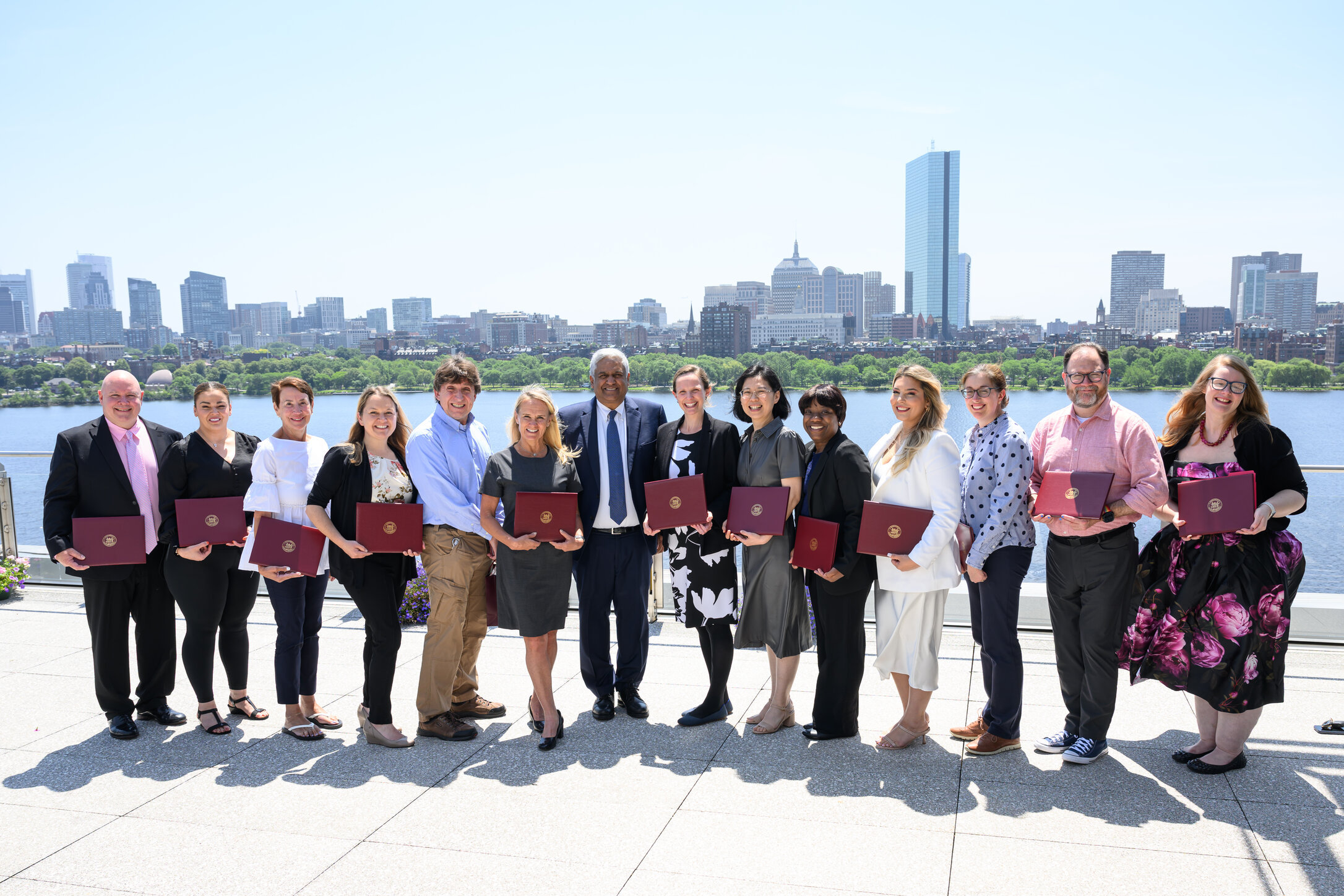New tool gives anyone the ability to train a robot
MIT engineers designed a versatile interface that allows users to teach robots new skills in intuitive ways.
This “smart coach” helps LLMs switch between text and code
The CodeSteer system could boost large language models’ accuracy when solving complex problems, such as scheduling shipments in a supply chain.
Can AI really code? Study maps the roadblocks to autonomous software engineering
A team of researchers has mapped the challenges of AI in software development, and outlined a research agenda to move the field forward.
What do we owe each other?
A new class teaches MIT students how to navigate a fast-changing world with a moral compass.
How to more efficiently study complex treatment interactions
A new approach for testing multiple treatment combinations at once could help scientists develop drugs for cancer or genetic disorders.
Five MIT faculty elected to the National Academy of Sciences for 2025
Rodney Brooks, Parag Pathak, Scott Sheffield, Benjamin Weiss, Yukiko Yamashita, and 13 MIT alumni are recognized by their peers for their outstanding contributions to research.
Scientists discover compounds that help cells fight a wide range of viruses
The molecules trigger a built-in cellular stress response and show promise as broad-spectrum antivirals against Zika, herpes, RSV, and more.
School of Engineering honors staff with annual awards
MIT School of Engineering annual Infinite Mile and Mandigo award recipients have made lasting impressions in their respective departments.
Simulation-based pipeline tailors training data for dexterous robots
The PhysicsGen system, developed by MIT researchers, helps robots handle items in homes and factories by tailoring training data to a particular machine.
New AI system uncovers hidden cell subtypes, boosts precision medicine
CellLENS reveals hidden patterns in cell behavior within tissues, offering deeper insights into cell heterogeneity — vital for advancing cancer immunotherapy.









